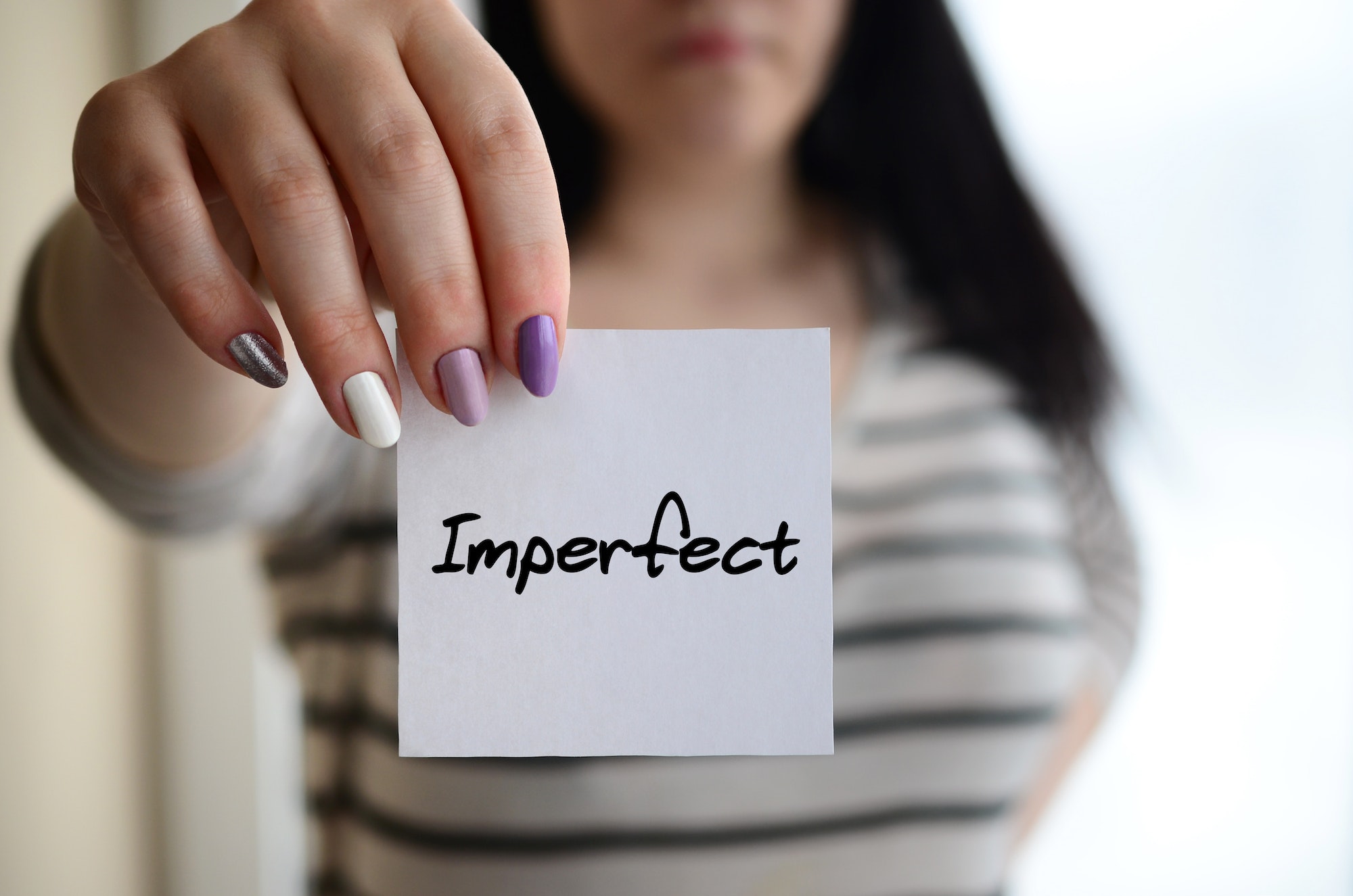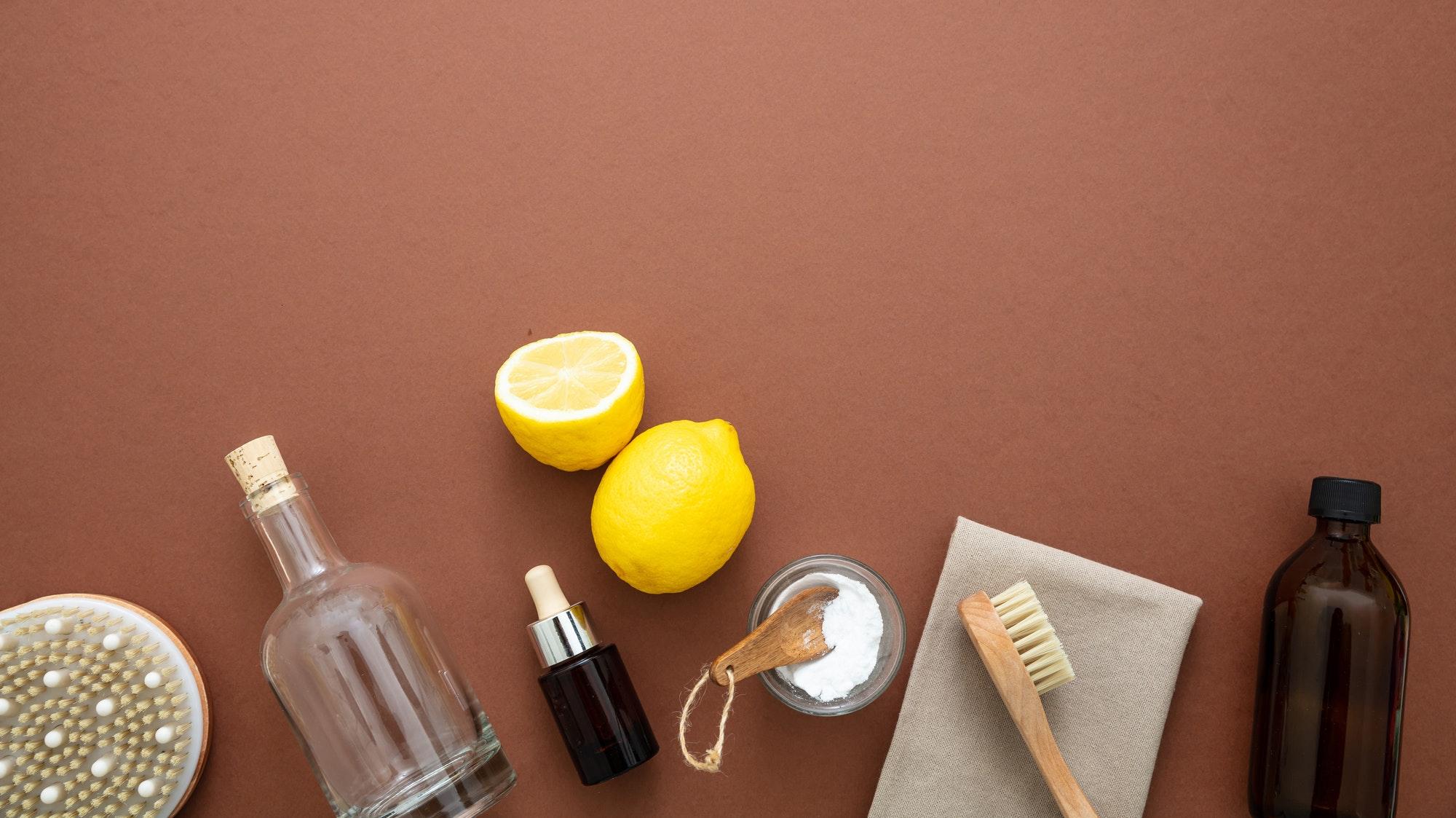Medication can be an effective way to manage mental health conditions, but it’s not the only option available. There are many natural ways to boost your mental health and improve your overall well-being. Here are some natural ways to boost your mental health and promote overall well-being.
Exercise
Regular exercise has been shown to reduce symptoms of anxiety and depression, and to improve overall well-being. Exercise releases endorphins, which are chemicals in the brain that promote feelings of happiness and well-being. Aim for at least 30 minutes of moderate-intensity exercise, such as brisk walking, cycling, or swimming, on most days of the week.
Nutrition
Eating a healthy and balanced diet can have a positive impact on mental health. Eating a diet rich in fruits, vegetables, whole grains, and lean protein can help to improve overall well-being and reduce symptoms of anxiety and depression.
Sleep
Getting enough quality sleep is essential for good mental health. Lack of sleep can exacerbate symptoms of anxiety and depression and can lead to irritability and fatigue. Aim for 7-9 hours of sleep per night and establish a consistent sleep schedule.
Mindfulness
Mindfulness is the practice of being present in the moment and paying attention to your thoughts, feelings, and bodily sensations. Mindfulness can help to reduce symptoms of anxiety and depression and can improve overall well-being. Mindfulness practices can include meditation, yoga, and tai chi.
Nature
Spending time in nature has been shown to reduce stress and improve overall well-being. Taking a walk in a park, hiking in the woods, or simply sitting and observing nature can help to promote feelings of calm and tranquility.
Therapy
Talk therapy, such as cognitive-behavioral therapy, can be an effective way to manage symptoms of anxiety and depression and to improve overall well-being. A therapist can provide support and guidance, and can help to develop coping strategies for managing symptoms.
In conclusion, there are many natural ways to boost your mental health and promote overall well-being. Incorporating regular exercise, a healthy diet, good sleep habits, mindfulness practices, spending time in nature and therapy can all help to reduce symptoms of anxiety and depression, and improve overall well-being. It’s important to remember that everyone’s experience is different, and it’s important to find the approaches that work best for you. It’s also important to consult with healthcare professional before making any significant changes to your diet or exercise routine.









